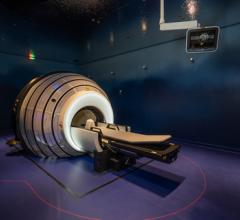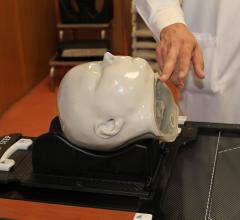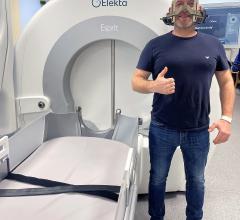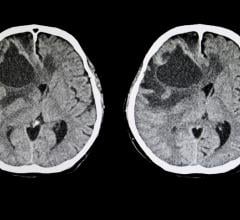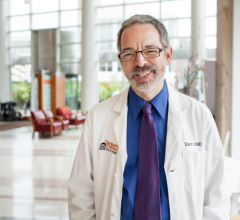September 23, 2008 - The number of newly-diagnosed cancer patients age 65 and older who are enrolled in Medicare’s Health Maintenance Organization (HMO) plans has increased by 6 percent within the past four years, and is shown to limit patients’ participation in clinical trials because they believe they cannot afford the plan’s out-of-pocket expense, according to a first-of-its-kind study presented at ASTRO 2008.
While nearly two-thirds of cancer patients are age 65 and older, less than one-third of patients in this age group are enrolled in clinical trials. Health insurance coverage costs have been cited by elderly patients as reasons why they don’t enroll in clinical trials. This disparity suggests it may be related to Medicare HMO payment policy, which requires additional personal expense for clinical trial participation and may vary depending on the HMO plan. Medicare reimbursement policies differ between fee-for-service (FFS) and HMO plans.
“Clinical trials are the cornerstone in finding better, more effective cancer treatments,” said Chyongchiou Lin, Ph.D., lead author of the study and an associate professor of health economics at the University of Pittsburgh Cancer Institute’s Department of Radiation Oncology in Pittsburgh. “The National Cancer Institute has made clinical trial participation a top, national priority, yet current Medicare reimbursement policies show it might be a barrier for participation by a large number of patients with Medicare HMO coverage and discourages cutting-edge treatment options for a very vulnerable population. The current policy should be re-examined to be consistent with NCI initiatives.”
The study shows that the overall proportion of newly-diagnosed cancer patients who had consultations and were insured by Medicare HMOs increased from 21 percent in 2003 to 27 percent in 2007 in five hospitals participating in the UPMC McKeesport Radiation Oncology Community Outreach Program (ROCOG), a consortium of hospitals in Western Pennsylvania, funded by the NCI’s Radiation Research Program and the Cancer Disparities Research Partnership, that focuses on improving access and outcomes for underserved populations with cancer. The research team in the lead community hospital participating in the program found in 2007 that patients eligible for innovative clinical trials opted out of enrolling in a “Medicare Qualifying” clinical trial due to the financial burden of participating.
For more information: www.astro.org
Source: American Society For Therapeutic Radiology and Oncology

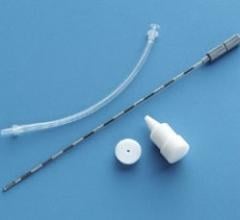
 April 29, 2024
April 29, 2024 

